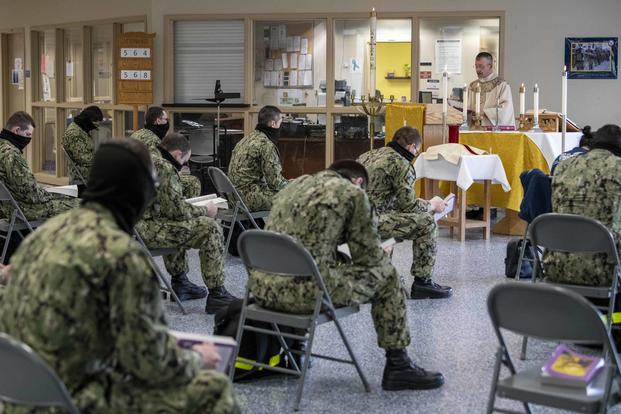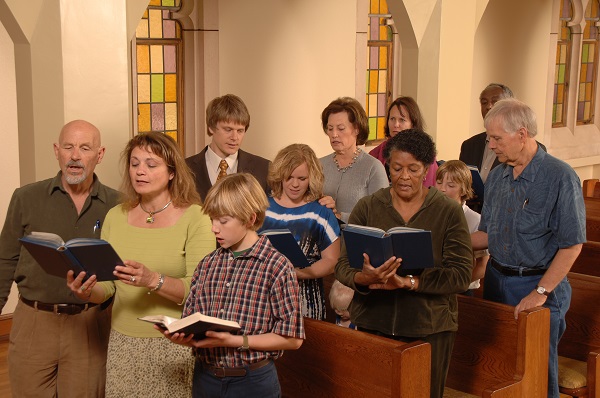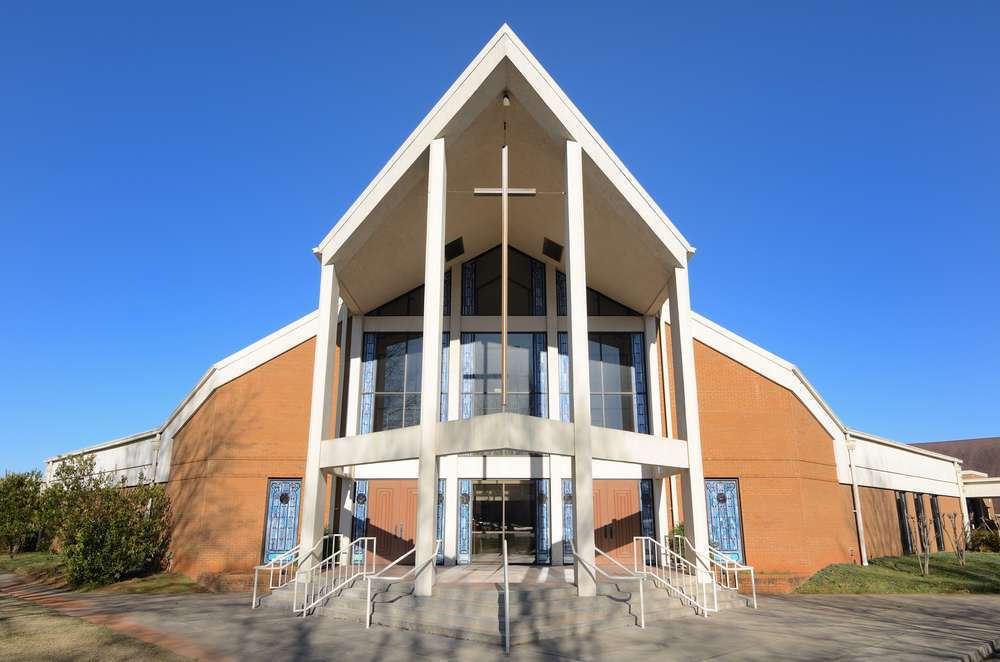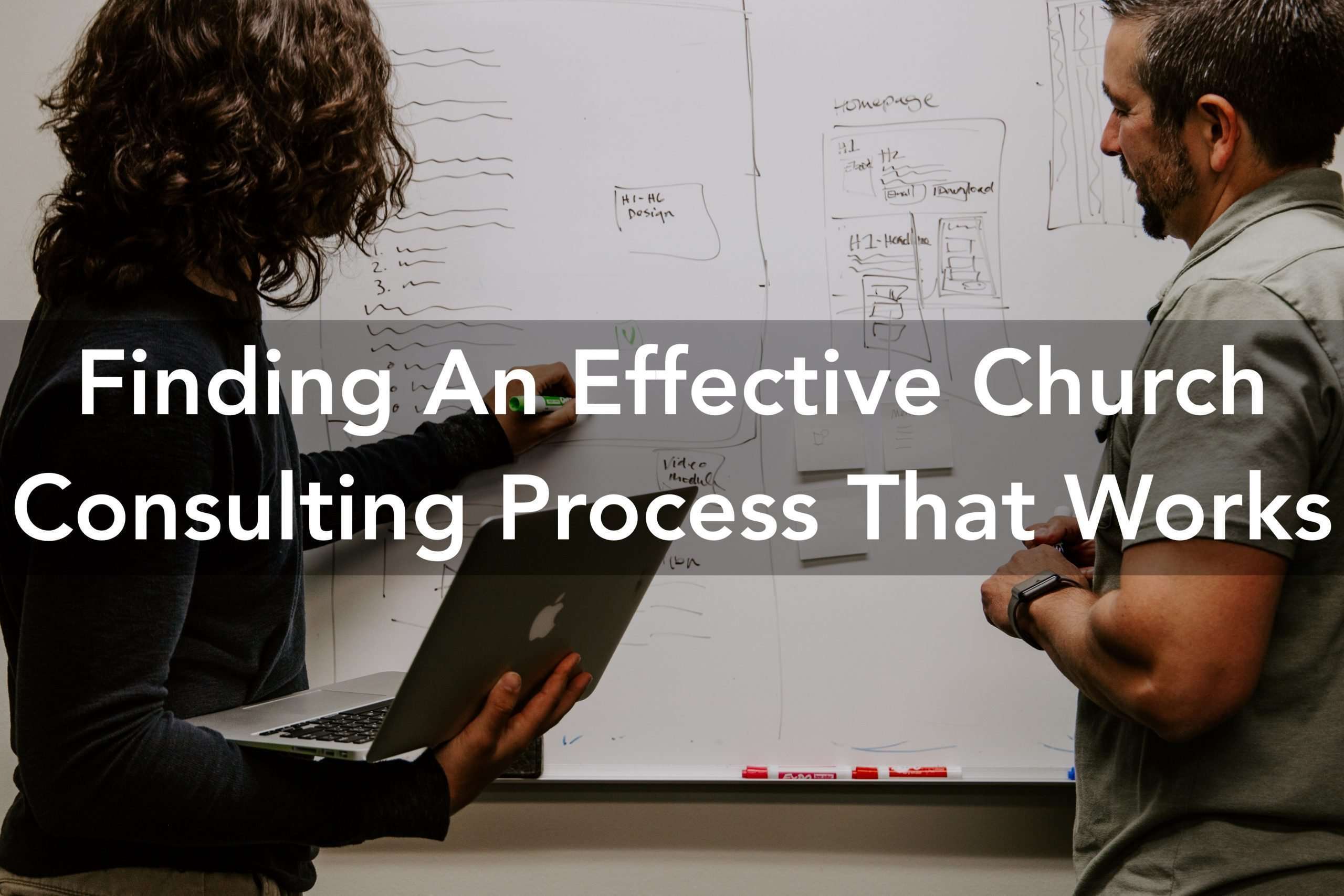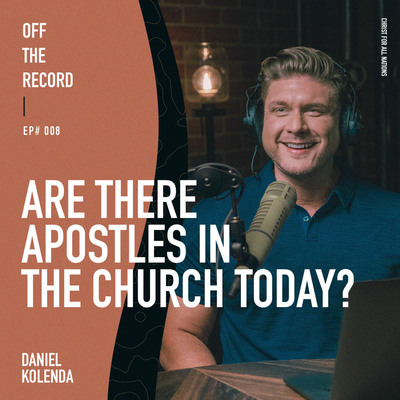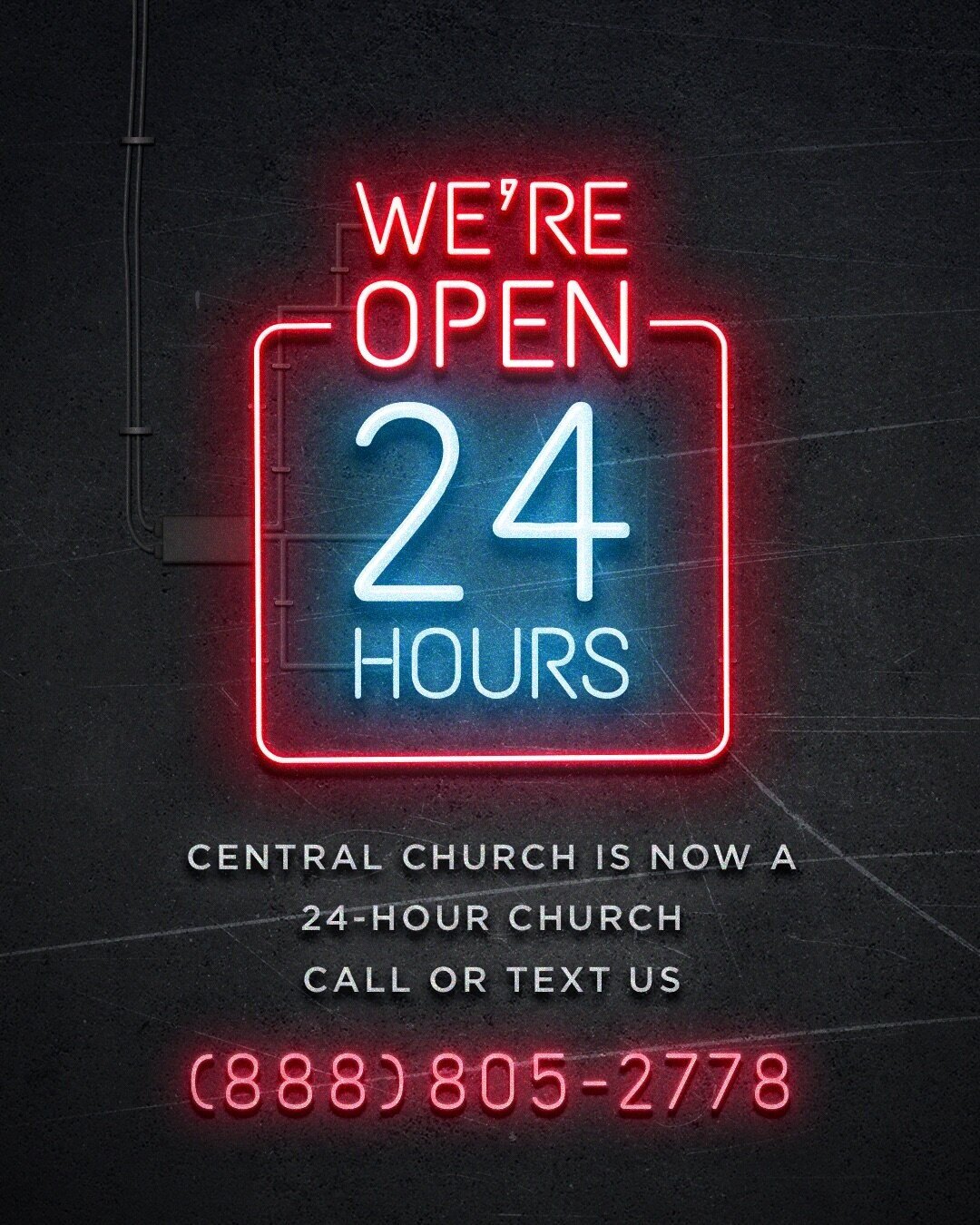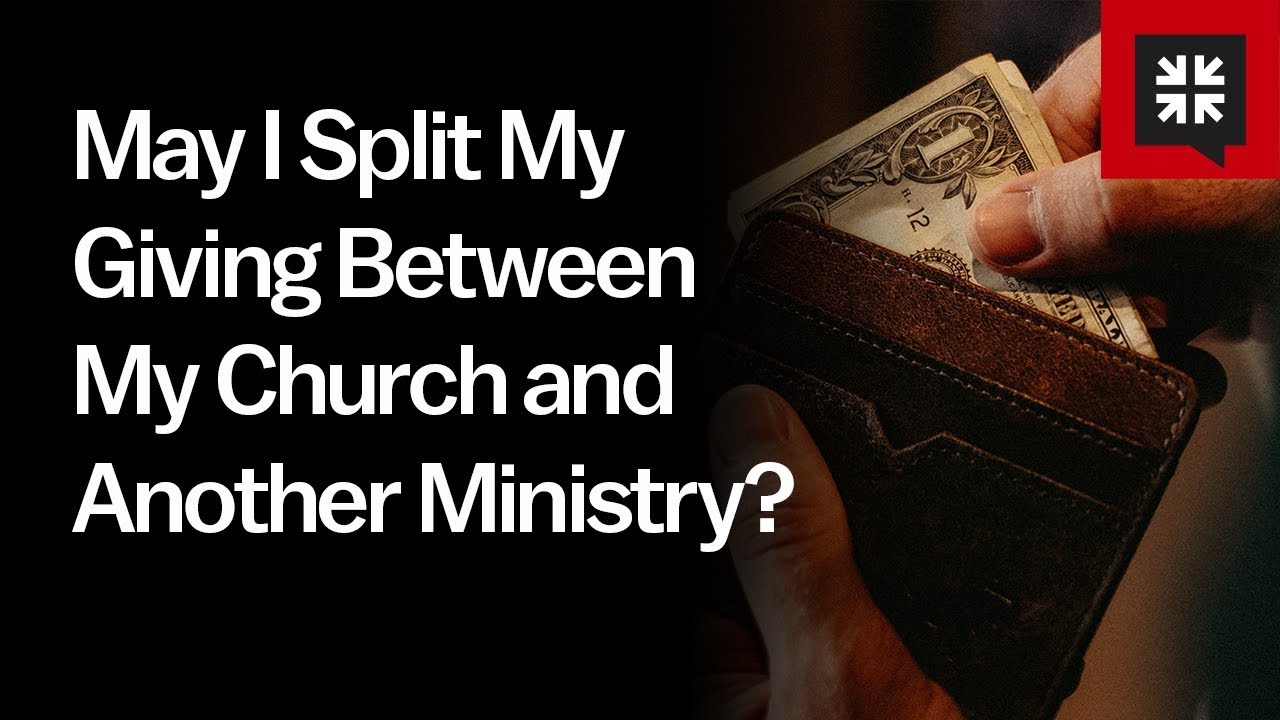Religion is a big part of our lives, and for some people, it’s even a big part of their work lives. For instance, some churches prohibit their members from working outside the church. This isn’t always easy for people, especially if they want to take a job that’s related to their faith.
In this blog post, we will explore what rights an individual has when it comes to working within the context of their religion. We will also look at some recent court cases that have shed light on this topic, and what you can do if you find yourself in such a situation.
What Is A Church Ban?
A church ban is a disciplinary measure taken by a church against a member. A church may decide to ban someone from attending services, participating in the ministry, or even being in the vicinity of the congregation. There are many reasons why a church might choose to ban an individual, including but not limited to: adultery, physical assault, drug use, etc.
Can A Church Ban Someone From Attending?
A church may not ban someone from attending services, but it may refuse to fellowship that person. A church may also refuse to baptize or associate with anyone who is not approved by the church’s membership.
The Legal Framework Of Church Bans
There is no single legal framework under which churches can ban someone from attending services, although a number of jurisdictions have statutory frameworks that provide guidance in this area. Generally speaking, there are three general principles that must be considered when adjudicating expulsion or suspension from a church: the right of free speech, the right to religious freedom, and the doctrine of separation of church and state.
The first principle is often referred to as the “free speech” principle because it protects individuals’ right to express themselves freely without interference from third parties. In some cases, this may include prohibiting members from criticising the church or its leadership openly. However, this principle should not be used to protect behaviours that are disruptive or harmful.
The second principle is known as the “right to religious freedom”, and it protects churches from government intervention or compelled adherence to a certain set of beliefs. This protection extends to members as well as clergymen/women. The final principle is known as the “separation of church and state”. This principle dictates that government cannot promote one religion over another, nor can it interfere with religious practices unless they are specifically authorised by law.
Why Would A Church Ban Someone From Attending?
There are a few reasons why a church might ban someone from attending. Sometimes, the church may have rules that prohibit certain people from attending based on their religious beliefs or moral codes. Other times, the church may have policies that bar any member who has had formal disciplinary action taken against them from attending services.
History Of Church Bans
Church bans are a long-standing tradition in many religious groups. In some cases, church leaders may ban members from attending services or participating in rituals because they have sinned or are suspected of sinning. Church bans can also be imposed on people who are considered to be unworthy of membership or who pose a threat to the congregation’s safety.
Some church bans are based on religious doctrine, while others are based on community standards or cultural norms. Historically, church bans have been used to suppress dissent and limit the spread of religious ideas that might conflict with the beliefs of the majority. Today, many churches maintain bans against members who engage in criminal activity, abuse other members, or violate church doctrines or standards.
Some critics argue that church bans contravene the rights of individuals to freedom of religion and free expression. Others argue that church bans unfairly target particular groups of people and infringe on their privacy.
The Church Ban Process
Church bans are a process that churches use to determine if someone is no longer welcome to attend services or fellowship within the church. This process typically starts with a warning, followed by a ban, and finally expulsion. The ban process can be difficult for those who have been banned from church, as they may have difficulty finding another worship community that will accept them.
The first step in the ban process is usually a warning. Warnings are given to those who have been accused of violating church policy. They are typically verbal warnings, but can also include written warnings. If the person who has been warned does not comply with the policy, their membership may be suspended or they may be expelled from the church.
If the person who has been warned still does not comply, their membership may be suspended for a period of time or they may be banned from attending services and fellowship within the church. A ban means that the person is no longer welcome to participate in church activities, including worship services and meetings. A ban can also mean that the person cannot use any facilities belonging to the church, such as bathrooms or meeting rooms.
Banning someone from church can be difficult for both parties involved. For those who have been banned from church, it can be difficult to find another worship community that will accept them. For churches, banning someone can make it easier to maintain order and protect their members from harm.
What Could Happen If A Church Banned Someone From Attending
If a church banned someone from attending, that person could potentially have legal issues. For example, if the person is an ordained minister, they may be able to sue the church for discrimination. Additionally, the person may be denied membership in other churches based on their relationship with the banned individual. In some cases, the person could lose their job or custody of children because of their affiliation with the banned individual.
No one can say for sure how a church would react if someone was banned from attending services. Some churches may choose to overlook the transgression and continue to welcome the individual into their community, while others may enforce a stricter policy that bars the individual from ever returning. Ultimately, it is up to the church member’s congregation to decide what action they will take in response to an unacceptable behavior.
